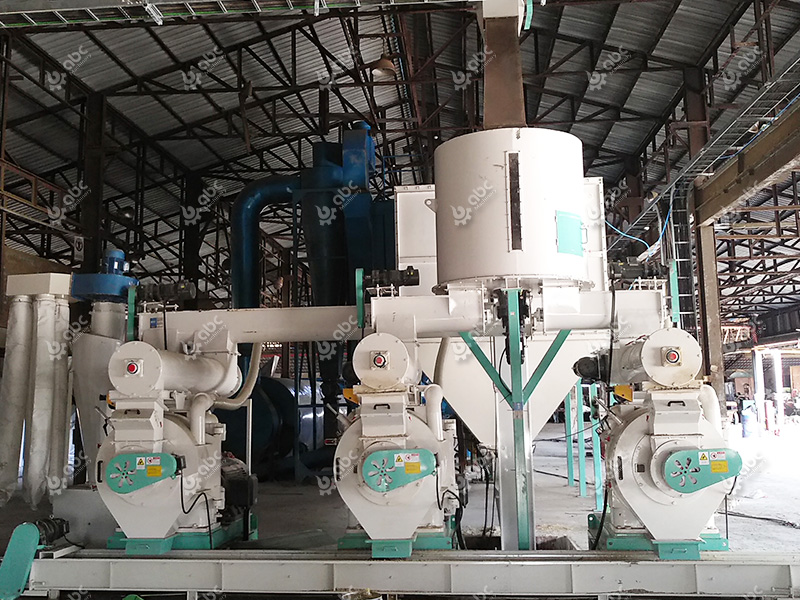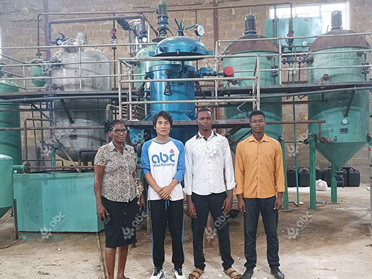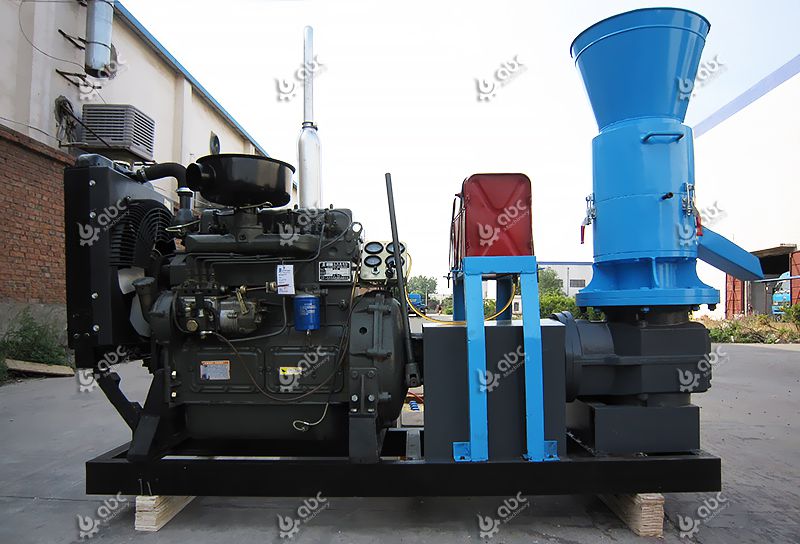Jatropha oil is extracted from jatropha seeds using a jatropha oil extraction machine. The yield of these seeds determines the volume of the oil to be extracted as well as the amount of feedstock to be introduced into the machine for oil extraction. The Jatropha curcas is most commonly used fruit in the extraction of this oil. These fruits are picked while ripe and the seeds removed for sun drying. For the seeds to be ready for oil extraction, they should be left to dry in the sun for several hours. Alternatively, the seeds can be roasted for up to 15 minutes. Sun drying or roasting the seeds helps in breaking down the cells that contain the oil thereby easing the oil flow.
Jatropha Oil Manufacturing Process
There are several ways that can be used for extracting jatropha oil from seeds. It is worth noting that the ultimate method of extraction to be used depends on the jatropha oil extraction machine.

Complete Unit for Small Mechanical Jatropha Oil Extraction Production (Mini Oil Mill Machine)
-
Jatropha Oil Extraction
The commonly used extraction methods include use of mechanical pressing, solvent extracting plant, or by heating. Jatropha oil can be extracted through use of a screw oil press machine (mechanical oil extraction machine), intermittent extraction technique, and solvent extraction machine. It is important to note that heating is not a commercially viable extraction method for vegetable oils.
-
Purification of Extracted Oil
Once extracted using jatropha oil extraction equipment, extracted jatropha oil is purified to remove any impurities and contaminants from the extraction process. There is several purification methods used for vegetable oils. These methods include:
Sedimentation: This is the easiest and most efficient purification method forjatropha oil and other vegetable oils. However, sedimentation is time consuming, and requires about 7-10 days for the sediment to be reduced to approximately 20-25% of the oil.

Complet Set of Mini Edible Oil Refinery Equipment
Filtration: Filtration is very slow and is rarely used for commercial production of vegetable oils. As such, it is not recommended but can be economically viable when purifying a small volume oil of vegetable oil. In filtration, sieves are used to remove impurities and contaminants from the oil. This purification method may not be 100% efficient as small-sized contaminants and impurities can pass through the sieves. (Related Machinery: Oil Refining Equipment )
-
Storage of Extracted Oil
After the jatropha oil or other vegetable oil thereof has been purified, it is then stored in preparation for use. Storage of oils requires to be done expertly as vegetable oils are known to react with oxygen in the atmosphere as well as other environmental factors. This in turn interferes with the quality of the oil and with prolonged storage; the quality of the oil may be overly-deteriorated thereby limiting the use of the oil for its intended purposes. When storing jatropha oil, it is important to ensure that the storage facility is moisture-free, and that the oil to be stored has less than 1% free fatty acids content.
Uses of jatropha oil
Jatropha oil is not fit for human consumption. This is because it induces severe diarrhea & vomiting and can also cause other severe side effects. This oil is processed into high-quality biodiesel or biofuel for use in diesel engines. The oil may also be used as jet fuel especially for modernly designed and developed airplanes.

Jatropha Oil Extracted From Fatropha Seeds
When looking for a reliable jatropha oil extraction machine, it is important to consider the features of the machine including the output volume of the machine. This is so that you can settle on a machine that is efficient and suitable depending on your oil extraction needs. Contact us if you feel interested in our oil mill machinery or want to known the cost of the equipment!

 Build Your Future!
Build Your Future!







